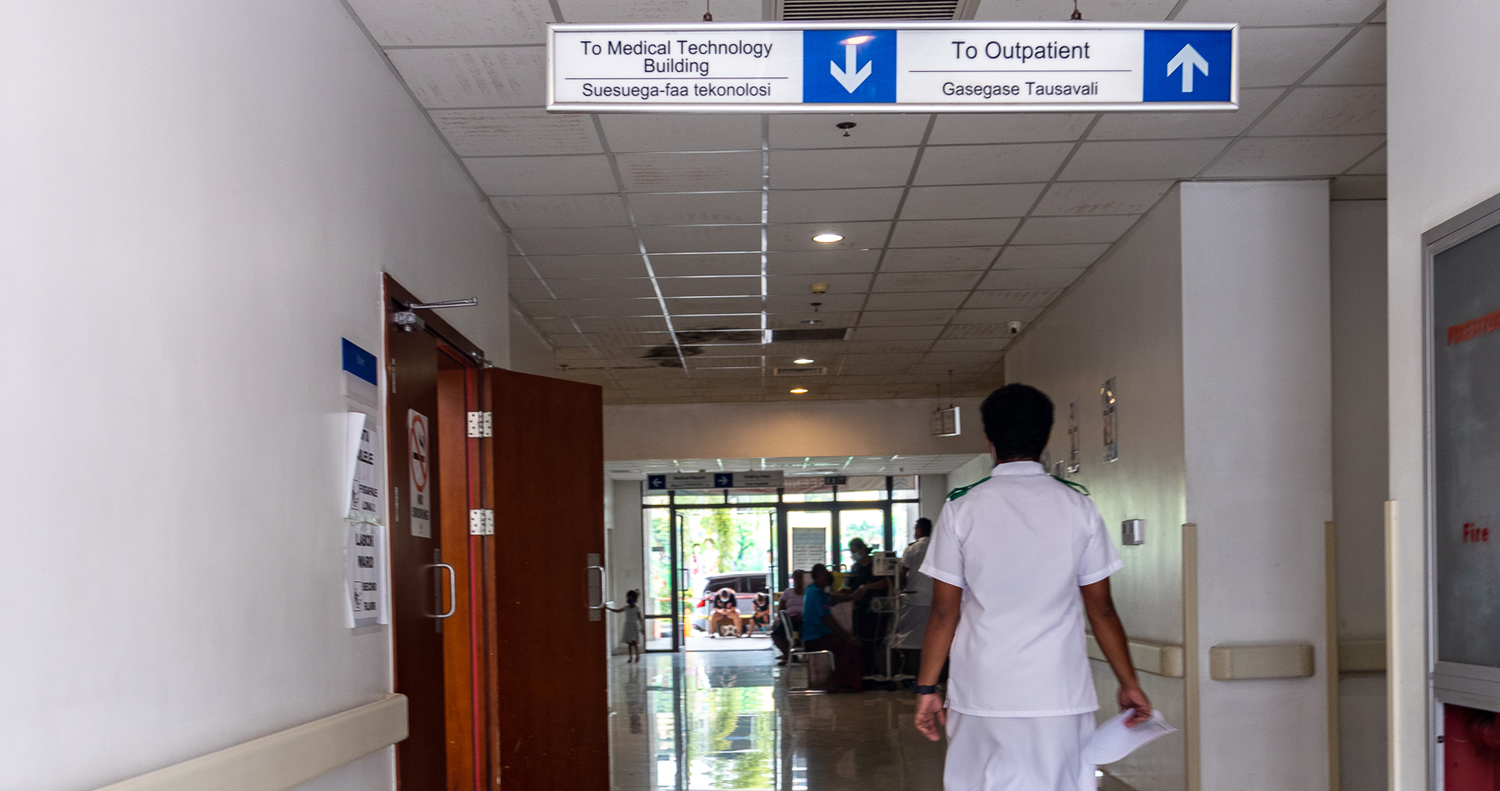Root cause of strokes is gradual clogging of arteries
On the World Health Organization (WHO) website there is mention of the 2019 Samoa statistics, related to deaths caused by diseases. Not surprisingly, as in previous years, the number one killer condition is cardio-vascular (heart and arteries) diseases. That means heart attacks, heart failure and strokes.
In this column, we will concentrate on the issue of strokes. Just like a clogged artery to the heart muscle causes a heart attack, a clogged artery to a particular part of the brain causes a stroke: it is when that part of the brain, normally fed by that artery that is now clogged, is deprived of oxygen and as a result, stops functioning. A small percentage of strokes are ‘haemorrhagic strokes’ caused by the diseased artery actually bursting, causing bleeding into the surrounding brain tissue.
People who have a minor stroke can have a temporary loss of speech or function of arm or leg, whereas a major stroke can lead to full paralysis of limbs, loss of speech or death. Just like with heart disease, the root cause of strokes is the gradual clogging of arteries to the brain due to an unhealthy lifestyle, mostly related to smoking and the adoption of Westernised eating habits. The consumption of animal products, added sugars, and fats is the major cause of the high incidence of non-communicable diseases (NCDs).
Just as in the case of heart disease, strokes can be prevented by following the whole food plant-based (WFPB) diet that METI recommends. Such a diet works by reducing blood cholesterol and blood pressure and in this way, improving blood flow to the brain.
Research over the years has convincingly shown that the more fruits and vegetables one eats, the less one is at risk of developing a stroke. For example, just eating one apple a day, can cut your risk of stroke by one-third! You are fully protected by eating more fruits, like papaya and plenty of green leafy vegetables, the cheapest in Samoa being boiled taro leaves (poka).
Another one of such green leafy vegetables that can be drunk is green tea. Research has established that drinking 3 cups of green tea a day is associated with an 18 per cent lower stroke risk. One can find many studies that focus on just how one particular food item can improve your health. The research is done by asking a group of volunteers to consume that particular food over a particular period of time.
The effect is then compared with what happens in the so-called control group that does not consume the particular food item. This is how researchers tested garlic to see if it would prevent the thickening of the wall of the carotid artery, the large artery in the neck, that supplies blood to the brain. In the control group that was given a sugar pill, the thickening continued to worsen, but not so in the group just taking a quarter teaspoon of garlic a day!
Similar studies prove that one ounce of nuts a day will cut the risk of developing a stroke by half. The problem with such research is that particular foods are examined in isolation and if they are found beneficial, they are compared to the ‘silver bullet’ that by itself will solve the problem!
The pioneers of Lifestyle medicine have amply proven that there is no such thing as a ‘silver bullet’: instead, to prevent strokes or heart attacks, one needs a complete lifestyle change, which includes, cessation of smoking, regular exercise, a good night’s sleep, loving and supportive relationships and foremost a healthy diet, ideally, the WFPB diet that includes fruits, vegetables, legumes (which are beans, peas and lentils), whole grains, nuts and spices. In this way -by avoiding processed and animal-derived foods that have no fibre at all and following the WFPB diet, which is a low calorie, low fat, high fibre diet, one is offered the best protection against developing strokes or the complications of other non-communicable diseases.
We invite you to visit METI’s Healthy Living Clinic at House No. 51 at Motootua (across from the Kokobanana Restaurant) to become acquainted with METI’s whole food plant-based diet and Lifestyle Change programs. Or call us at 30550. Learning how to follow these Programs might be your ‘game changer’!











